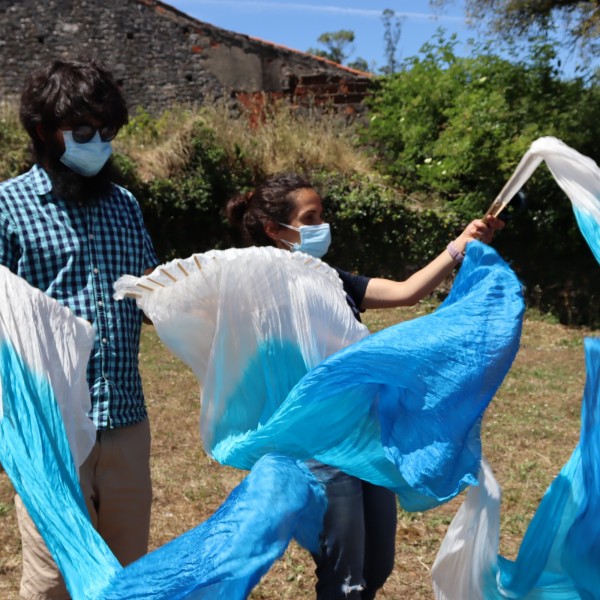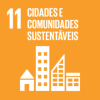
Doctorate addresses a new possibility for the “Museum as Social Technology”
Research highlights the potential of museums aligned with the Sustainable Development Goals (SDGs) and international guidelines
Sustainable Development Goals (SDG)

The potential of museums as social technologies, linking participatory museological practices with strategies for local development, inclusion, and social cohesion. Anchored in Sociomuseology and Social Museology, the research presented by Nathália Pamio Luiz, in the Department of Museology at Lusófona University, on 29 April, proposes that the museum, more than simply using social technologies, can itself be constituted as a social technology when structured as a collective tool for transformation based on local knowledge and community listening.
The investigation entitled "Museum as Social Technology: Reflections in the Light of Sociomuseology", carried out with a grant from the UNESCO Chair “Education, Citizenship and Cultural Diversity”, adopts a robust qualitative methodology, based on theoretical review, unpublished interviews with specialists (such as Hugues de Varine, Raquel Gomes, Nádia Almeida, and others), analysis of public policies, and the Museu na Aldeia project in Portugal. This project stood out for the articulation between rural communities and museum institutions, involving 13 villages and promoting dialogical museological actions that resulted in significant social impacts.
In its first part, the thesis explores the origins and concepts of social technology, focusing on Brazilian authors such as Dagnino, Bava, and Borges. It analyses public policies and networks such as RTS (Rede de Tecnologia Social), CBRTS (Centro Brasileiro de Referência em Tecnologia Social), ITS Brasil (Instituto de Tecnologia Social), and IUPE (Incubateur Universitaire de Parole d’excluEs). This section constitutes a solid framework on how local, low-cost, and high-social-impact practices can be systematised as transformative innovation.
The following section traces the path from normative Museology to Social Museology and Sociomuseology, with emphasis on the contexts of Brazil, Portugal, and global experiences. It highlights how museological practices based on participation and territory reinforce the social role of museums. It addresses the culture of innovation in museums as a pillar for sustainable and inclusive actions. Linking the themes addressed, the third part of the thesis provides an in-depth analysis of the Museu na Aldeia project.
It details its community experiences, the social and cultural impact generated, the co-authorship processes, and the recognitions obtained. It demonstrates how the collaborative construction of memory and heritage can be recognised as a social technology.
The project concludes that museums committed to their social role can be agents of social innovation, aligning themselves with international agendas such as the SDGs (Sustainable Development Goals), the guidelines of the ICOM (International Council of Museums) and UNESCO (United Nations Educational, Scientific and Cultural Organization), and cooperation structures such as the Ibermuseus Programme. This approach strengthens the role of museums as spaces for citizenship, empowerment, and transformation.
© image sourced from Municipality of Peniche.
Related Courses
Other News
- Interventions in Building D - Prohibitions on Space and Surroundings
- Educational Management and Enhancement of the Academic Profession
- ULusófona hosts Conference on Architectural and Urban Environments
- Jacinto Godinho's film among the finalists for the 2025 Gabo Award
- ULusófona professor participates in exhibition at the Portuguese Navy Museum










